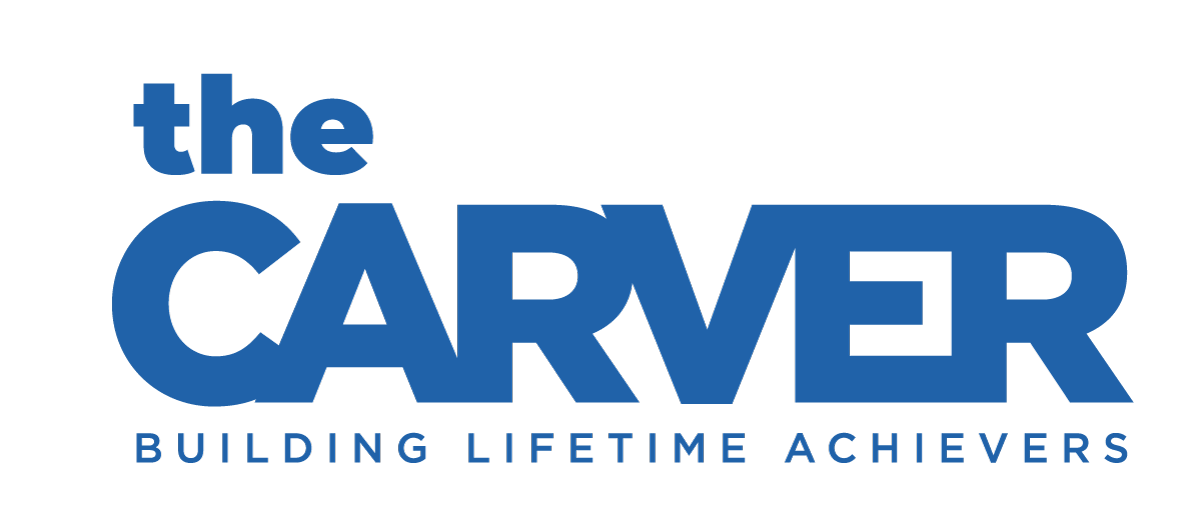See all our alumni stories here.
Kimberly Duhart is a 3rd grade teacher in East Hartford. She received her M.A. in Curriculum and Instruction this past May. She received her B.S. in Elementary Education at UConn last year. She was awarded the Degnan Family Scholarship, Irene P. and Emanuel A. Makiaris Scholarship, Cohen Student Leadership Scholarship, and numerous Carver scholarships.
During her years at UConn, Kimberly served as President of UConn’s Leadership in Diversity, a student-led mentoring program that helps maintain and encourage confidence and success in students of color as they pursue careers in education. She also served as a member of UConn Student Support Services (SSS), mentoring students who were first-generation to college, from low-income families, and/or from populations underrepresented in higher education with access to the university; she provided these students with services to support their goal of graduation, and their academic, professional, and personal growth at UConn and beyond.
Kimberly graduated at the top of the McMahon High School Class of 2015. She also worked for Carver for four years, at first as a Summer Camp Counselor and then as a Summer Camp Supervisor for some 200 children, following years as an after school Carver kid herself.
Kimberly is now putting into practice the purpose and ideals of education that she embraced with remarkable clarity and conviction during her college years. As an education leader, Kimberly is a light to her students and a role model for Carver young people considering their own careers and life goals.
Her lively, sincere, and open-minded commitment to learning helped Kimberly to find her voice at UConn as an individual who advocates for equity and diversity in education. In a letter to Connecticut State Senator McCroy, Representative Sanchez, and members of the state Education Committee, she wrote, “…It is important that we are bringing in and retaining educators of color. In the state of Connecticut over 40% of students are of color, while only about 8% of teachers are of color. This shows huge discrepancies in the representation of students of color.”
When asked by a UConn journalist about her favorite professors, she had this to share.
My favorite professor is Grace Player because she teaches from the perspective of all of her students’ identities (anti-racist feminist of color pedagogy). She is able to lean into discomfort to allow her students to learn, sometimes in ways we were not always exposed to at UConn, which have been very beneficial to us all as future educators. This type of pedagogy is important for giving students voice in the classroom and teaching us that, as educators, we also need to think about students’ multiple identities when we engage with them. My favorite classes were the history courses that I have taken that were taught with an intersectional lens (African American History, Women Gender Studies). Through these courses I was introduced to the histories of so many people that I have never been introduced to prior to taking those courses, all of whom are very important to the history of the U.S. and people and events that we should all be knowledgeable about.
Kimberly also shared what her college experience has meant to her.
UConn has shaped me as a person by exposing me to so many different support systems and loving relationships. Being exposed to so many lights has inspired me to keep pushing forward and use the strong people around me as motivation and inspiration. I have also experienced challenging moments that have contributed to my overall academic and personal growth and success. Overall, I have used every experience as one where I have learned something that has been important to my overall growth.
Many public school districts such as East Hartford and Norwalk are experiencing rapid growth in the number of students of color, culturally and linguistically diverse students, and students from low-income families. These can be places of vibrant opportunity—places that call us to meaningful and exciting work. The global community shows up in these classrooms every day, inviting us—even requiring us—to grow as we learn from and with our students and their families. Kimberly is now among those professionals who create inclusive, equitable, and excellent schools.
The work is complex. When diversity comes to our towns, we are all challenged to grow. We are grateful that Kimberly is helping us to see more clearly how best to reach all students with the excellent education and opportunities they deserve.



